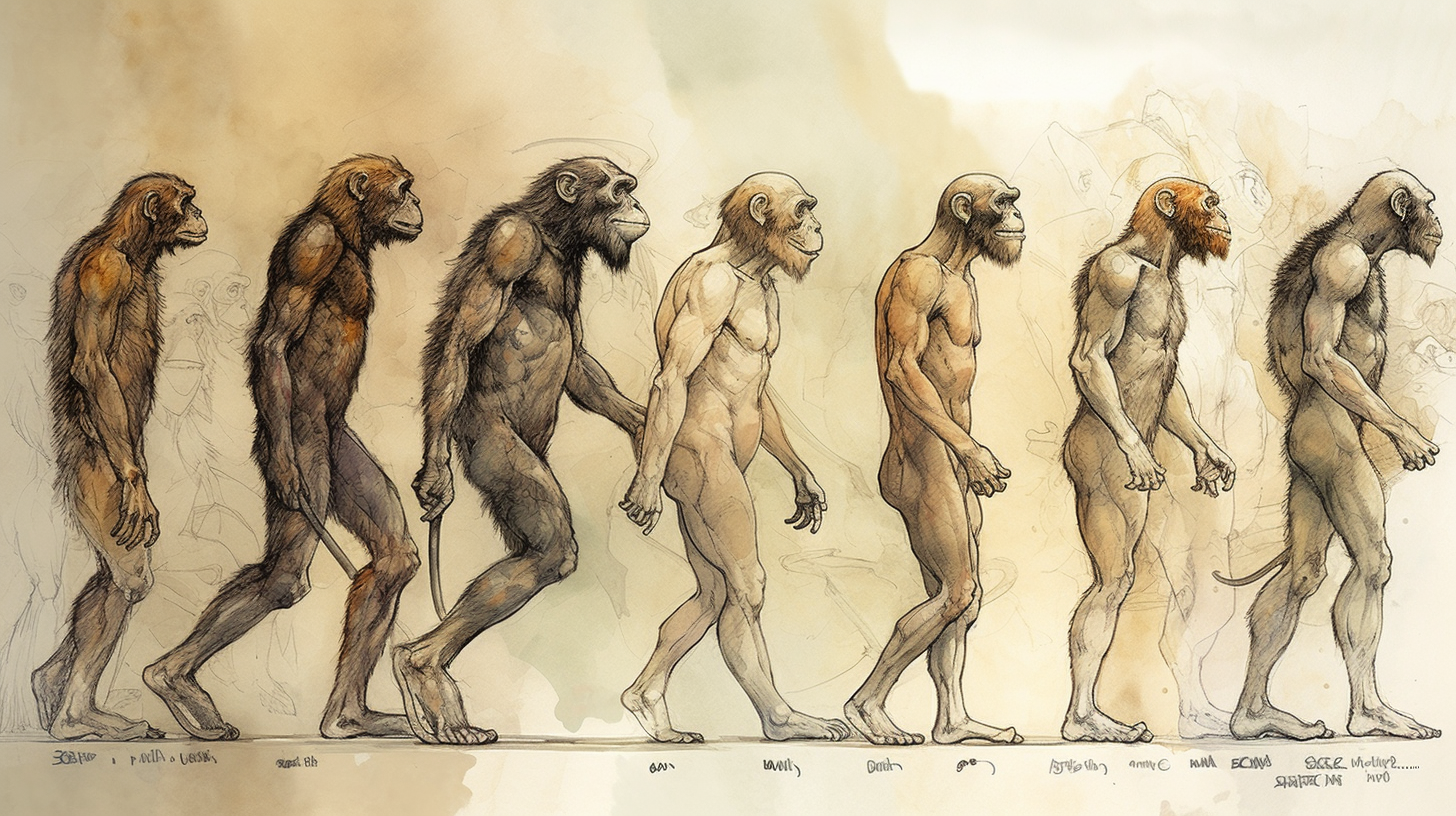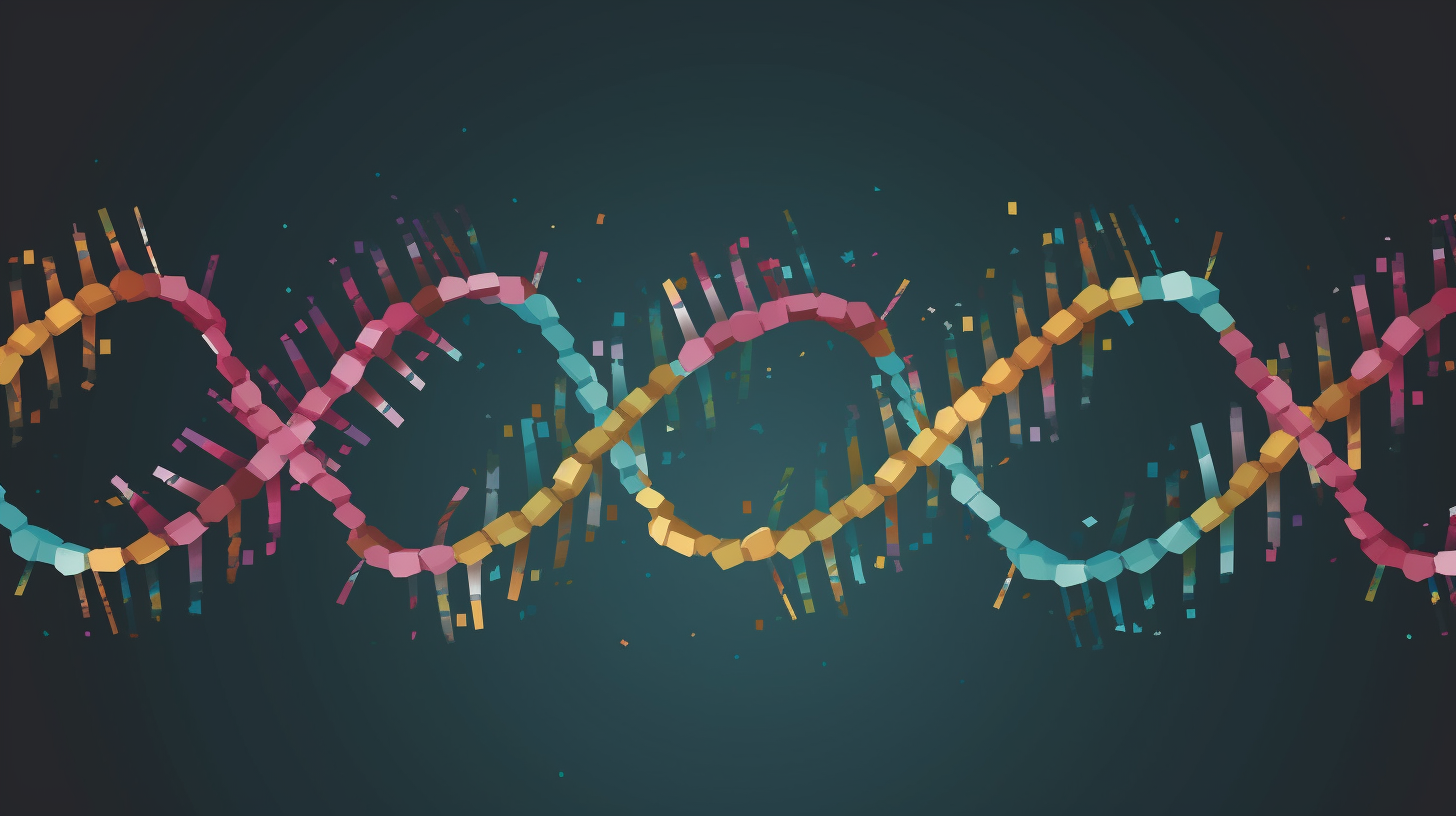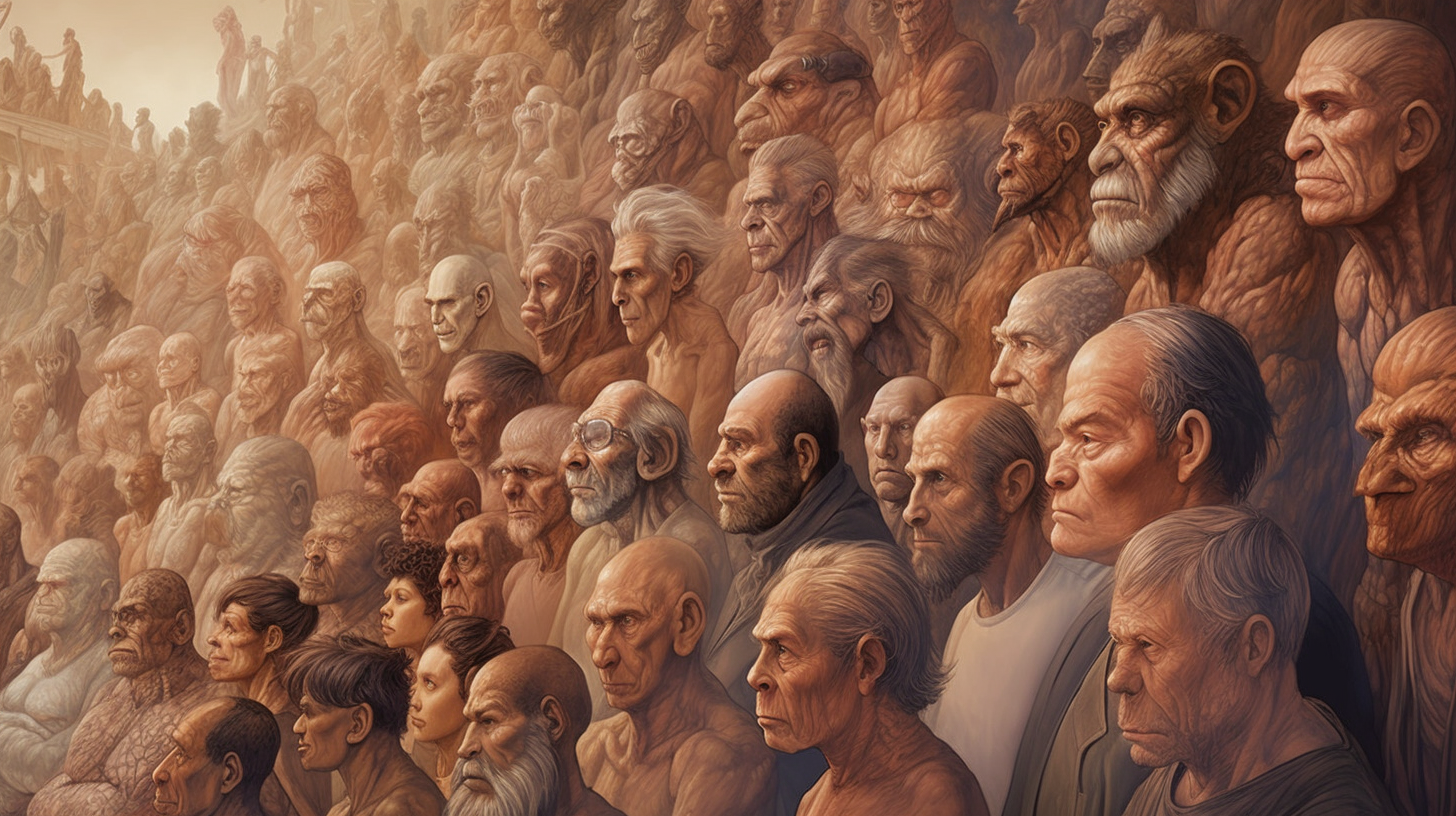Our Evolution: Where Are We Now?

The story of human evolution is a fascinating journey spanning millions of years. From our humble beginnings as early hominids to the dominant species on Earth today, Homo sapiens have undergone remarkable changes. As we stand at this pivotal point in history, it's intriguing to ponder our position in the grand tapestry of evolution and contemplate the challenges and possibilities that lie ahead. In this blog post, we will delve into the evolution of our species, explore the problems we face, and discuss Richard Dawkins' theories on gene influence on behaviour. Furthermore, we will contemplate how we can harness the power of evolution to tackle present-day challenges and what the future might hold for us.
Understanding Our Evolutionary Journey
The evolution of Homo sapiens has been an intricate dance between genetic changes and environmental factors. Over millions of years, our ancestors adapted to their surroundings, developing unique traits that enabled survival and reproduction. Our understanding of human evolution has been significantly shaped by the pioneering work of scientists like Charles Darwin and Richard Dawkins.
Richard Dawkins' Theories on Genes and Behaviour

Richard Dawkins, a renowned evolutionary biologist, introduced the concept of the "selfish gene." He argued that genes are the fundamental units of selection, striving for their own replication. Dawkins contended that genes can influence not only our physical characteristics but also our behaviours. While we might assume our actions are driven solely by our conscious decisions, Dawkins proposed that our genes subtly shape our behaviour to increase their own chances of survival and reproduction.
Challenges in the Modern World
In today's complex and interconnected world, we face a myriad of challenges that impact our well-being and the survival of our species. Overpopulation, climate change, resource depletion, and social inequality are just a few of the issues we grapple with. These problems are deeply rooted in our biology and behaviour, shaped by a combination of genetic predispositions and environmental factors.
Harnessing Evolution to Tackle Present-Day Challenges
Our ability to understand and manipulate our genetic makeup, coupled with advancements in technology, provides us with unique opportunities to tackle the problems we face. By leveraging the principles of evolution, we can actively guide our species towards a more sustainable and prosperous future. This can be achieved through scientific research, ethical genetic engineering, and comprehensive social and environmental policies.
Future Directions of Human Evolution

As technology continues to advance, its impact on our evolutionary trajectory is an intriguing topic for speculation. While technology offers solutions to many of our current problems, it also raises questions about the direction our species will take in the future. Will we become a species that merges with technology, enhancing our physical and cognitive abilities? Will genetic engineering play a significant role in shaping our future evolution? These questions pose ethical dilemmas and require careful consideration.
Conclusion
The evolution of Homo sapiens has brought us to a critical juncture in our history. Through the lens of Richard Dawkins' theories on genes and behaviour, we gain insights into the intricate interplay between genetics and our actions. Today, we face pressing challenges, but by harnessing the power of evolution and advancing technology responsibly, we can address these problems. As we navigate the future, we must grapple with the ethical implications of our actions and strive to create a world that supports the well-being and sustainability of our species. By doing so, we can shape a future where human evolution continues to flourish in harmony with the rapidly evolving world around us.
